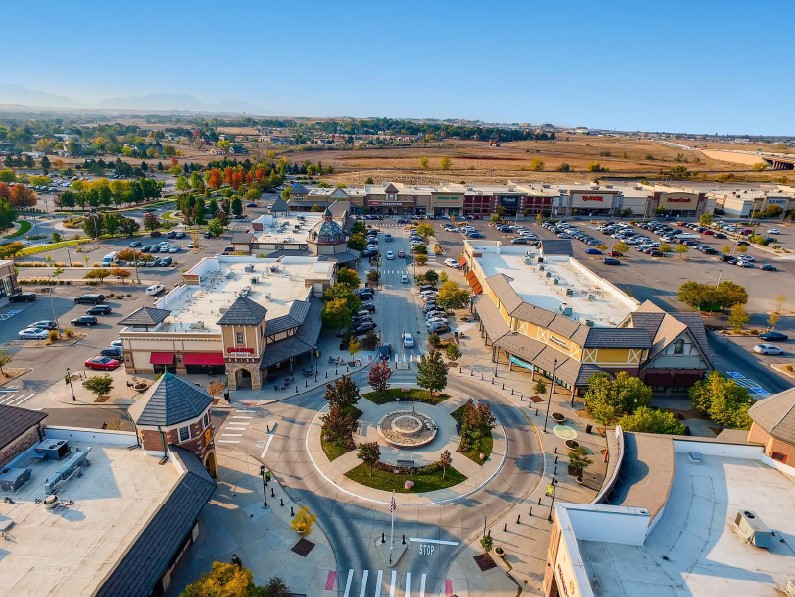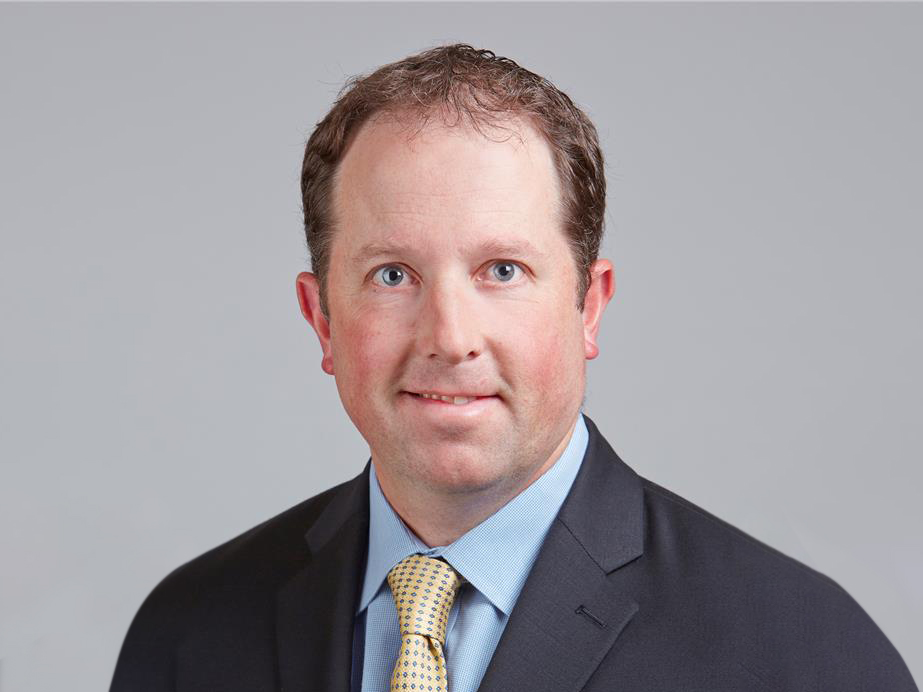US World Bank nominee Ajay Banga said the lender must do “everything it can” to squeeze more cash from its balance sheet while preserving its gold-plated credit rating, as he set out his credentials on a world tour for a role that involves complex geopolitics.
The former Mastercard chief executive’s run at the presidency of the multilateral lender comes as the bank finds itself under sustained criticism for failing to adequately address the scale of the global climate crisis while maintaining its mission to reduce poverty. The bank’s current president, David Malpass, last month resigned from his post almost a year early.
Banga said he would seek to attract the private sector to support projects underwritten by the bank, alongside exploring elements of the G20-commissioned report into the so-called “capital adequacy frameworks” of multilateral development lenders such as the World Bank.
“The estimates of monetary requirements to deal with these issues from climate change to inequality to pandemics to fragility, are in the trillions,” said Banga.
“There is not enough money in the multilateral balance sheet, no matter what we do with the capital adequacy framework, which we must do everything we can with to extract what we can, while preserving our AAA status. But even at the end of that, we are not going to get to those trillions.”
The bank made loans, grants, equity investments and guarantees to partner countries and private businesses of $104bn in 2022.
The G20-commissioned report, released last summer, said multilateral development banks including the World Bank were potentially being more conservative than they needed to be to maintain their triple-A credit rating from the three big credit rating agencies.
Banga insisted maintaining the triple-A rating was a priority. “It’s a very simple thing — if you don’t get the right rating, you don’t get the right low cost of funds, which allows you to be able to do things at the right cost to the receiving countries.”
Under his watch, the bank would work with the private sector to share its knowledge about countries, he said. “Multilateral banks can be an amazing way of transferring success about what works well in Indonesia, to what works in Mexico, to what works in Kenya, to what works in another place.”
Ajay Banga
Born: November, 1959
Educated: St. Stephen’s College, Delhi (BA)
Indian Institute of Management, Ahmedabad (MBA)
Experience: Management trainee, Nestlé 1981; PepsiCo; Citigroup 1996-2009; Mastercard 2010-2021, Dow Chemical board director 2013-2021.
Public sector: Obama advisory committee member for trade (2015), external adviser to vice-president Kamala Harris on Partnership for Central America (2020).
Now: General Atlantic vice-chair, Exor director, Temasek director
Climate policy experts and developing country officials have privately expressed reservations about Banga’s scant development finance expertise and the shift required for a traditional corporate leader to steer a sprawling bureaucracy run by 25 executive directors who represent 189 member countries.
Banga, 63, cited his personal experience of emerging markets in defence of his credentials. “I grew up in India. I lived there. I worked there for the first 14 years of my [corporate] life.”
He also sought to allay the concerns of some developing countries that a new focus on climate would come at the expense of other priorities, such as healthcare and education, and might mean less money for the poorest.
He viewed climate change and development issues as “intertwined”, he said. “In my trips to Africa . . . at no point did I encounter a conversation that said ‘we don’t care about climate, just give me my health and schools’, because they all are at the receiving end of what’s going on with climate.”
The US dominates the World Bank with a 17 per cent shareholding, followed by Japan, China, Germany, the UK, France, India and Russia. Russia’s Tass news agency has reported that it was consulting “friendly countries” about nominating a rival candidate to challenge the US monopoly over the role since the bank was founded after the second world war.
In the face of this, the UK formally endorsed Banga’s candidacy after he met with Chancellor Jeremy Hunt on Thursday. India was among the first countries to express support.
Banga was in the Ivory Coast and Kenya this month and will also meet government representatives in the EU, Japan, China and Latin America in the coming weeks. Nominations for the presidency close on March 29, and the bank’s spring meeting will be held in mid-April in Washington.
Climate Capital

Where climate change meets business, markets and politics. Explore the FT’s coverage here.
Are you curious about the FT’s environmental sustainability commitments? Find out more about our science-based targets here















